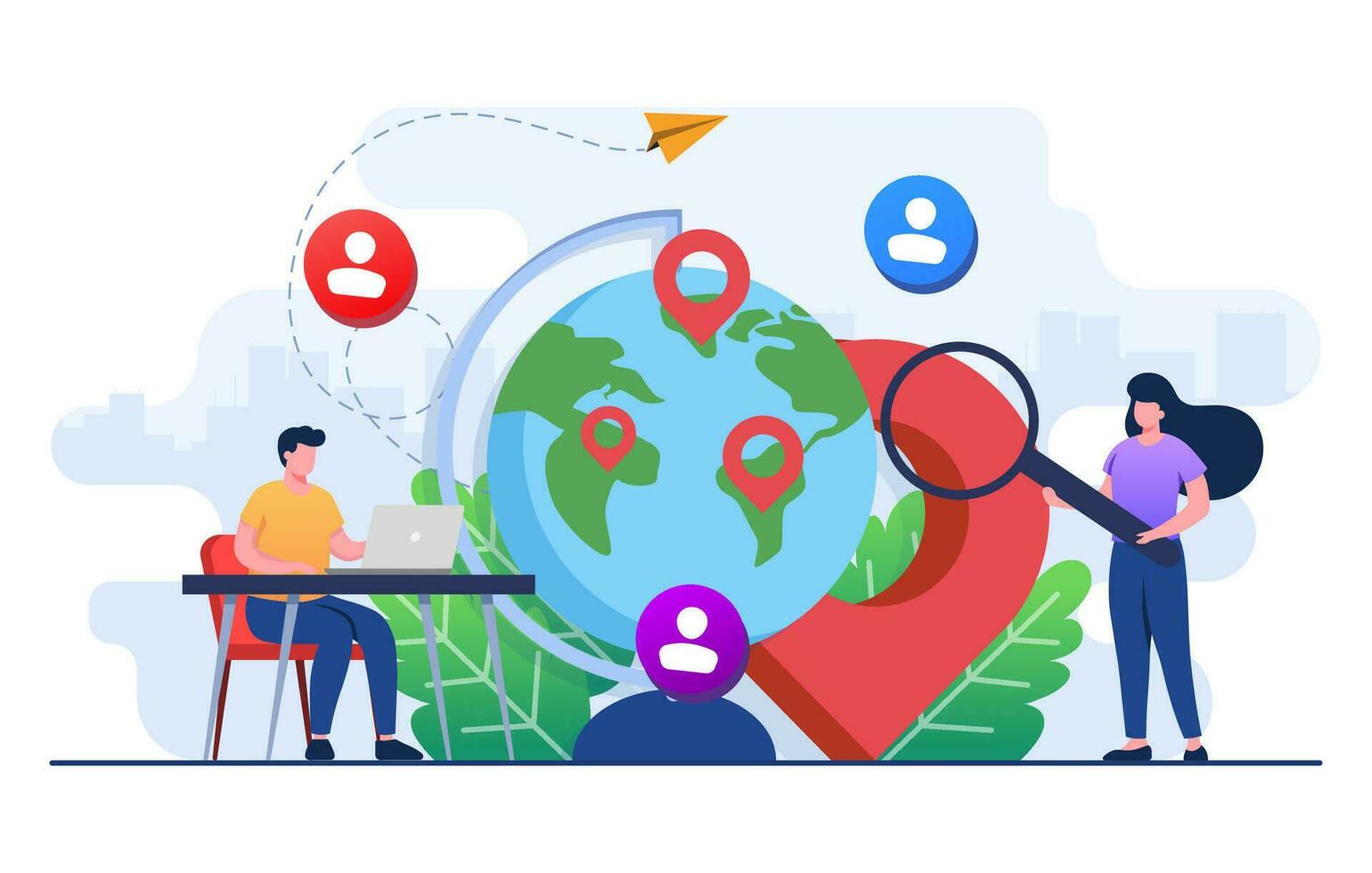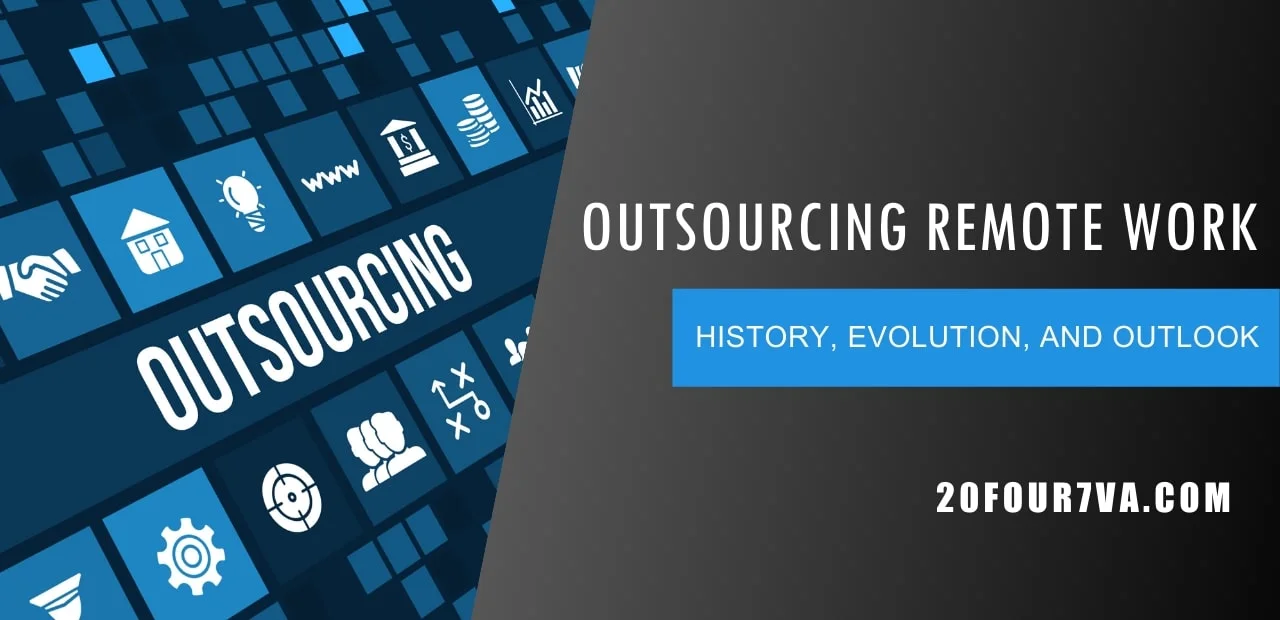Unlock the Potential of Working as Remote Professionals
Unlock the Potential of Working as Remote Professionals
Blog Article
How Remote Professionals Are Changing the Future of Job
The surge of remote experts is fundamentally changing the landscape of job, presenting a standard that emphasizes flexibility and results over traditional frameworks. As companies increasingly take on crossbreed designs and progressed partnership devices, the ramifications for worker health and performance become a lot more pronounced.
The Rise of Remote Job
Recently, an unmatched rise in remote job has changed the landscape of expert employment. This shift can be attributed to various variables, consisting of advancements in modern technology, altering worker expectations, and the global impact of the COVID-19 pandemic. As organizations progressively acknowledge the advantages of versatile work setups, remote job has relocated from a short-term option to a lasting approach.
The increase of remote work has actually enabled business to access a varied skill pool without geographical restrictions. This broadened reach has resulted in the development of a more inclusive labor force, allowing organizations to take advantage of different perspectives and abilities. In addition, remote job has proven to improve worker efficiency and task fulfillment, as many individuals value the adaptability to manage their work-life equilibrium.

Influence On Work Environment Culture
Remote job has essentially modified work environment culture, presenting both obstacles and possibilities for companies. As an outcome, companies should adapt their interaction strategies to ensure clarity and keep team cohesion.
In addition, the typical office atmosphere, frequently characterized by face-to-face interactions, has actually paved the way to an extra personalized work experience. This shift can cultivate greater autonomy among workers, enabling them to tailor their workplace to suit personal choices. Nevertheless, it may additionally bring about sensations of seclusion and disconnection from the company culture.
To combat these sensations, organizations need to actively cultivate a feeling of belonging and inclusivity. Regular digital comprehensive methods and team-building activities can assist link the gap created by physical range. Furthermore, the emphasis on work-life balance has become increasingly noticeable, prompting organizations to reassess plans that support staff member well-being.
Improved Cooperation Tools
The increase of boosted cooperation tools has actually transformed just how groups interact and work with each other in a remote environment. These devices assist in seamless interaction, enabling employee to attach no matter their geographical places. Platforms such as Slack, Microsoft Teams, and Zoom have ended up being important for real-time conversations, documents sharing, and task management, cultivating a setting where innovative concepts can thrive.
Furthermore, advanced cooperation tools are furnished with attributes that sustain asynchronous job, allowing team participants to contribute at their own pace. This versatility is vital for suiting diverse schedules and time areas, ensuring that all voices are listened to and valued. Furthermore, incorporated project monitoring software application like Trello and Asana aids in tracking development, appointing jobs, and maintaining accountability.
The incorporation of cloud-based cooperation devices has websites actually likewise enhanced data access, allowing groups to work with shared papers at the same time, which streamlines the decision-making procedure. Remote Professionals. As companies progressively accept remote job, the dependence on these enhanced cooperation devices will only expand, enhancing the importance of modern technology in cultivating performance and innovation. Inevitably, these devices are not simply promoting interaction; they are redefining the very nature of team effort in the modern-day office
Global Talent Purchase
Improved partnership tools have not just improved interaction within groups but also expanded the perspectives for talent acquisition on a worldwide scale. Organizations can now access a varied swimming pool of skill unrestricted by geographical limitations. This change enables business to hire people with distinct ability, cultural perspectives, and innovative ideas, inevitably enhancing organizational efficiency.

To make best use of the advantages of international skill acquisition, companies need to carry out effective onboarding and integration processes. This guarantees that remote employees really feel valued and engaged, which is critical for retention. In addition, leveraging innovation to improve employment processes, from candidate radar to digital meetings, can dramatically boost efficiency. In this evolving landscape, organizations that welcome global skill acquisition will be better placed to prosper in the future of work.
Future Trends in Remote Work

Moreover, innovations in modern technology will continue to form remote work characteristics. Tools such as expert system and automation will improve productivity, allowing remote specialists to take care of tasks much more effectively and enhance workflows. Remote Professionals. Additionally, enhanced cybersecurity procedures will certainly be crucial as companies navigate the intricacies of remote procedures
An additional pattern is the shift in the direction of a results-oriented society, highlighting performance over typical time-based metrics. Employers will increasingly focus on output, urging self-management and liability amongst remote teams. Companies are anticipated to invest in mental health and well-being efforts, identifying the value of supporting their labor force in an online environment.
Last but not least, the globalization of skill will that site even more expand as remote work ends up being standard, permitting organizations to access a more knowledgeable and diverse labor force, eventually driving innovation and growth in various fields.
Conclusion
The change of the future of work by remote experts underscores the importance of adaptability, staff member, and performance wellness. Eventually, the recurring developments in remote work signal a shift towards a much more inclusive, adaptable labor force that is well-equipped to navigate the complexities of contemporary work.
As organizations increasingly acknowledge the benefits of adaptable job plans, remote work has actually relocated from a short-lived option to a long-lasting strategy.
Inevitably, the increase of remote job symbolizes official source an essential change in how organizations run, paving the way for a much more versatile and durable future in the world of work.
As companies progressively embrace remote job, the reliance on these boosted partnership devices will only grow, strengthening the significance of technology in cultivating performance and development.Accepting adaptability is ending up being a trademark of the advancing work landscape, as companies adjust to the growing need for remote job plans. One popular future fad is the boosted reliance on hybrid job designs, integrating in-office and remote work to cater to varied employee needs.
Report this page